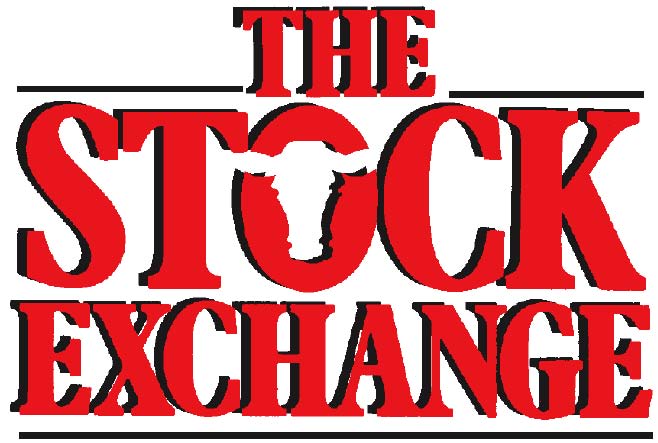Kansas Mesonet aids emergency planners, farmers and more
ROSSVILLE, Kan. – Tucked away behind a business near Rossville, Kansas, an unassuming bit of equipment quietly goes about its business, detecting wind speed, precipitation, air temperature and more. The information automatically goes to the Weather Data Library at Kansas State University where it’s archived and available free to the public.
The Rossville station is one of 62 weather stations across the state that make up Kansas Mesonet, an expanding network of stations that collects weather and climate data.
The Mesonet staff and university officials held a ribbon-cutting recently to celebrate upgrades to the Rossville weather station, including the capacity to record wind speed and direction at two heights. The upgrade was partly funded by the Kansas Soybean Commission.
The data is used by farmers, science teachers, construction companies, gardeners, watershed managers and anyone interested in current and historical weather information for the state. That occasionally includes law enforcement or legal teams interested in knowing what the weather conditions were at a specific date and time of day in a certain area.
“The information from the remote weather stations is shared with the National Weather Service,” said Shawnee County Commissioner Bill Riphahn, who attended the ceremony.
“We, in turn, get our information from the NWS,” he said, noting that it’s valuable for Shawnee County Emergency Preparedness to be able to get up-to-date weather information for Shawnee County.
“Virtually all seven National Weather Service offices in Kansas use (data from) these sites,” said Chad Omitt, warning coordination meteorologist with the NWS.
“This is a really important resource to have for local communities,” said Chip Redmond, Mesonet manager.
Eric Adee, K-State agronomist who manages university experiment fields at Rossville, Scandia and Ottawa, said he checks the Mesonet website nearly every day, adding that it’s helpful for scheduling irrigation and other activities.
Mesonet stations record temperature, humidity, wind direction and speed, solar radiation, pressure, precipitation, soil temperature and soil moisture data.
Kansas State University extension
